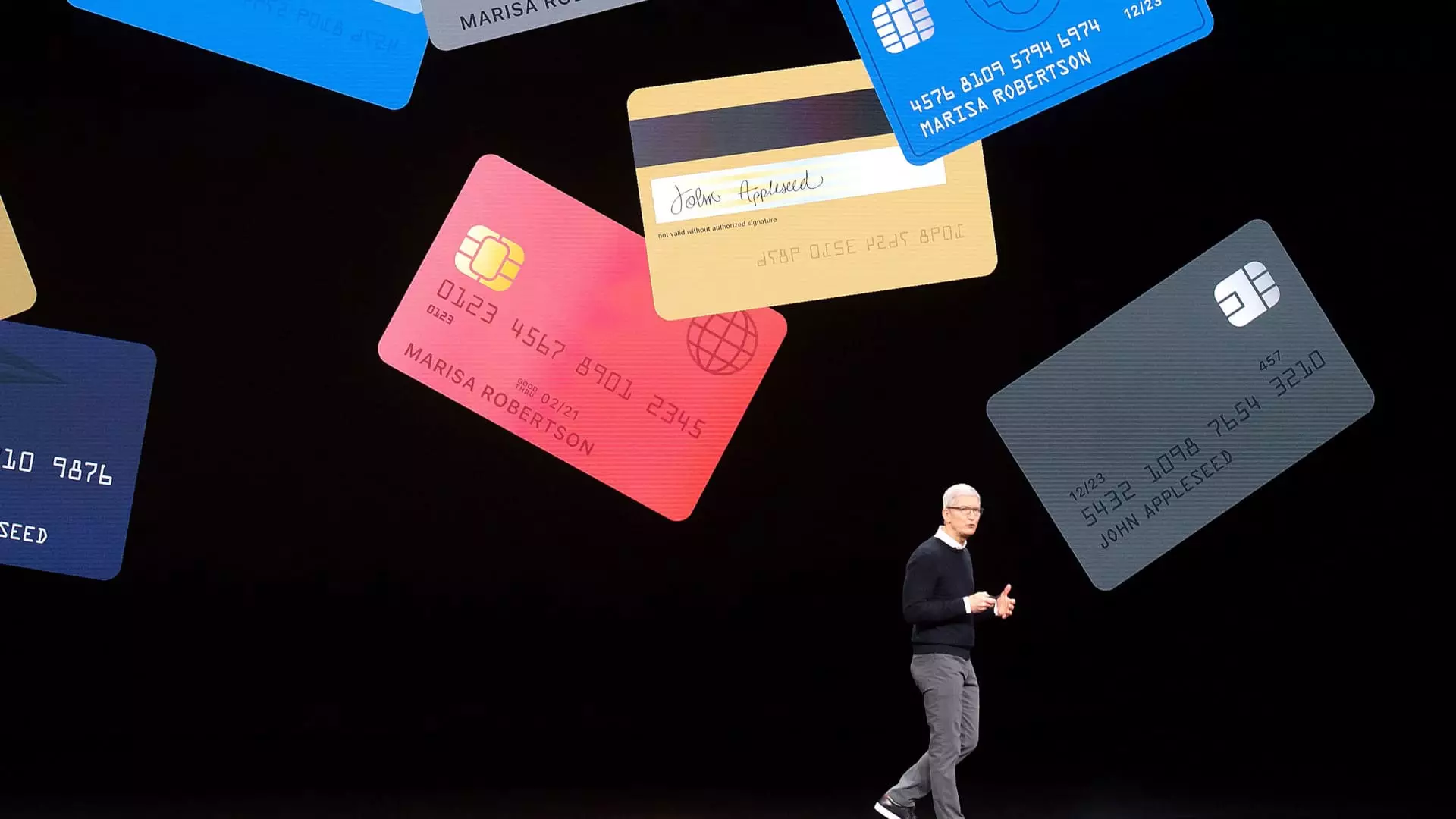Apple Inc. is reportedly in the midst of negotiations with JPMorgan Chase to potentially take over the management of its flagship credit card program, previously handled by Goldman Sachs. This move indicates a strategic pivot as Apple navigates the evolving landscape of financial services. The discussions are at an early stage, and many critical components, including valuation and the continuity of the Apple Card’s features, remain uncertain. Given these complexities, the outcome of these talks could sway decisively in either direction.
Goldman Sachs has recently faced significant challenges with its retail banking initiatives, which have led to a reassessment of its involvement with the Apple Card program. The program has proven to be burdened with substantial financial losses and increased regulatory scrutiny. With only a handful of credit card issuers in the U.S. possessing the size and willingness to absorb the Apple Card operations, the implications of this transition extend beyond mere financial metrics—they reflect broader trends in the credit industry.
JPMorgan Chase stands as the largest credit card issuer in the U.S. by purchase volume, according to industry sources. However, the bank is under pressure to negotiate favorable terms, potentially aiming to acquire the Apple Card portfolio for less than face value, estimated at around $17 billion. Making matters more complicated, elevated delinquency and default rates associated with the Apple Card portfolio are raising red flags, particularly in an economic climate that exhibits signs of deceleration.
While sources affiliated with Goldman contend that the high levels of delinquencies are primarily due to the influx of new customers—an issue they claim will stabilize over time—the overall perception of credit quality within the Apple Card program appears concerning to potential new issuers. The looming possibility of an economic downturn adds another layer of caution to any prospective buyer deliberating over the inherent risks of this transition.
In addition to the monetary negotiations, JPMorgan is also contemplating the removal of a significant feature—calendar-based billing—from the Apple Card. Designed for convenience, this structure currently has the advantage of providing all customers with their statements at the beginning of each month. However, it has inundated customer service with calls during the same time frame, complicating service delivery. Changes in such customer-centric features highlight the delicate balance between operational efficiency and customer satisfaction, which any new partnership would need to navigate.
As discussions between Apple and JPMorgan unfold, the potential for reassessing the Apple Card program could lead to transformative adjustments in its approach to consumer lending. With market conditions and regulatory landscapes constantly shifting, both entities must demonstrate adaptability and foresight. Whether this move solidifies a new partnership or reveals deeper issues within credit card management remains uncertain, yet it is indisputable that the financial landscape is-changing, forcing companies to recalibrate their strategies amid evolving consumer expectations and economic realities.

